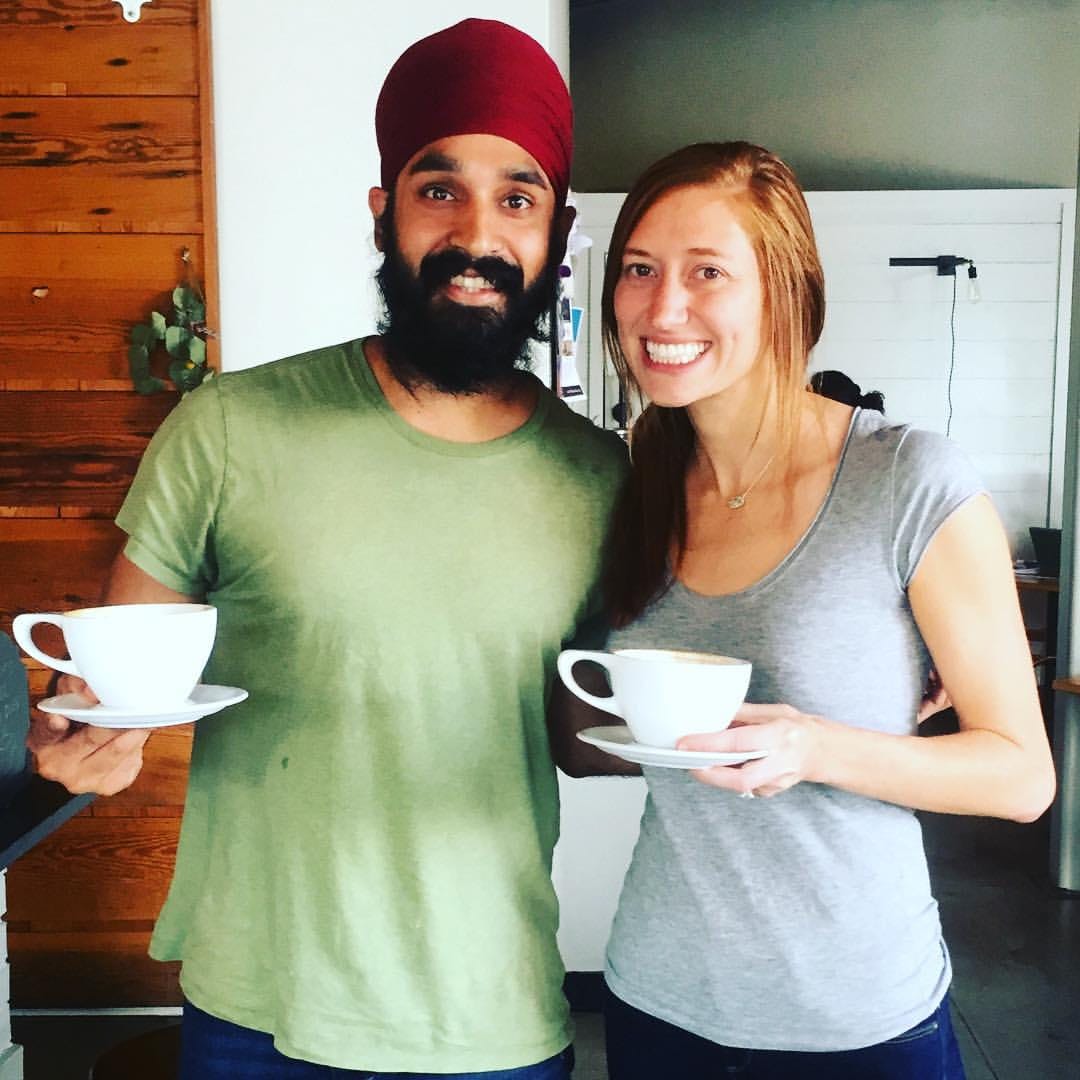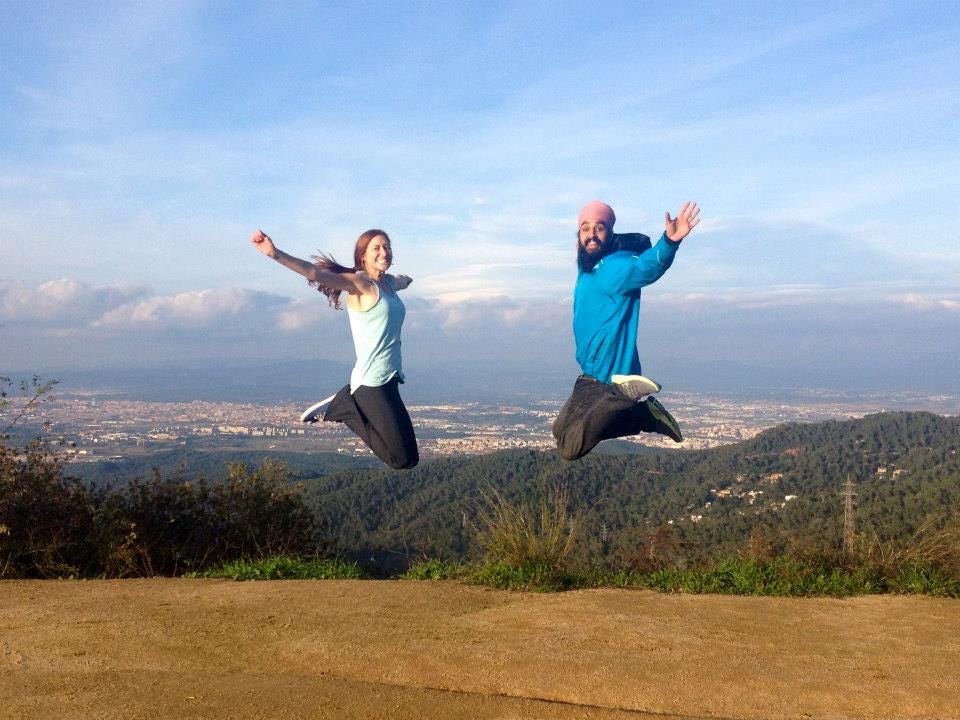I was visiting family and friends in Austin. Susanna, one of my best friends from college, had come to my speaking event, and I stayed with her family that night.
In the morning, we were driving her young kids to school, when I heard her daughter say excitedly, “Hey Mommy, I see someone. Can we give them a bag?”
Before Susanna could even respond, her son three-year-old soon chimed in: “Please, Mommy? Please?”
I didn’t know what was going on, but I was dying from their cuteness. Susanna offered a cheerful, “Of course. Why don’t you grab a bag and pass it up?”
I watched her daughter reach under her seat, pick up a small basket, and pull out a ziploc bag full of toiletries. She passed the bag to her mom, who opened her window and handed it to a homeless person.
She shouted “Have a good day!” Then Susanna rolled up her window, and we drove off, headed to the preschool.
Although it all happened quickly, it didn’t take me long to process what I had witnessed. Susanna and her kids had a plan to help people when they encountered them.
I asked Susanna how she had started, how long they’d been doing it, and what she thought her kids were learning through the practice. She told me that they had started through her church a couple of years back, and that she loved how it helped teach her kids appreciation for what they had, empathy for people who were suffering, and generosity for everyone.
I loved all of it so, so much.
This interaction took place a few months ago, and I’ve continued to think about it since. As our political landscape has changed, and as life for the most vulnerable among appears to be worsening, it’s easy to feel helpless. I lean into the Serenity Prayer, as I mentioned this past week, and even then, it can be hard to pinpoint what change we can actually make in our communities. It can feel easy to be despondent, as my friend Becky pointed out, and it’s tempting to want to give up.
What’s the point?
Am I even making a difference?
The world’s going to shit anyway, isn’t it?
When we only hold on to the first half of the Serenity Prayer, as I sometimes do, and as Becky said she does too, we can trick ourselves into thinking that nothing we do matters.
This is precisely why that moment with Susanna has been so important to me. What she did really mattered. She may not be able to solve the housing crisis or change our immigration policies, but she made life marginally better for someone in difficulty. How does that not matter?
What’s more, she’s instilling qualities in her children that will lead them to lifelong happiness. Kindness, empathy, generosity. And she’s modeling for them what it looks like to bring these qualities to bear in our daily lives. As a parent of kids about that same age, I have to ask a different order of question: What could matter more than that?
As many of us move into a place of wanting to do more but not knowing what to do or if what we do matters, perhaps we can take a page out of Susanna’s book. Let’s start locally, serving the people nearest us in whatever way they might need it. This approach can help reduce suffering, model for others what caring for others looks like, and help us build a sense of agency and value, too.




The small stuff always matters. The extra time teachers take with students, the little bags of useful things.. Once about a year before Covid, there was a homeless woman who routinely stood on a bridge in Brattleboro.One day my granddaughter about age 8 told me she wanted to draw a picture for the woman. I told her I would deliver it.. and the next day I stopped, and give the drawing to the woman and told her it was my granddaughter's idea but then I added some money ..a nd the woman said, "And it's my birthday today!" she just smiled so much!
and my granddaughter was happy when I told her
Love this, the reminder is every small act accounts for something larger in the big picture. We can make a difference by acting, no matter how small or large the deed.